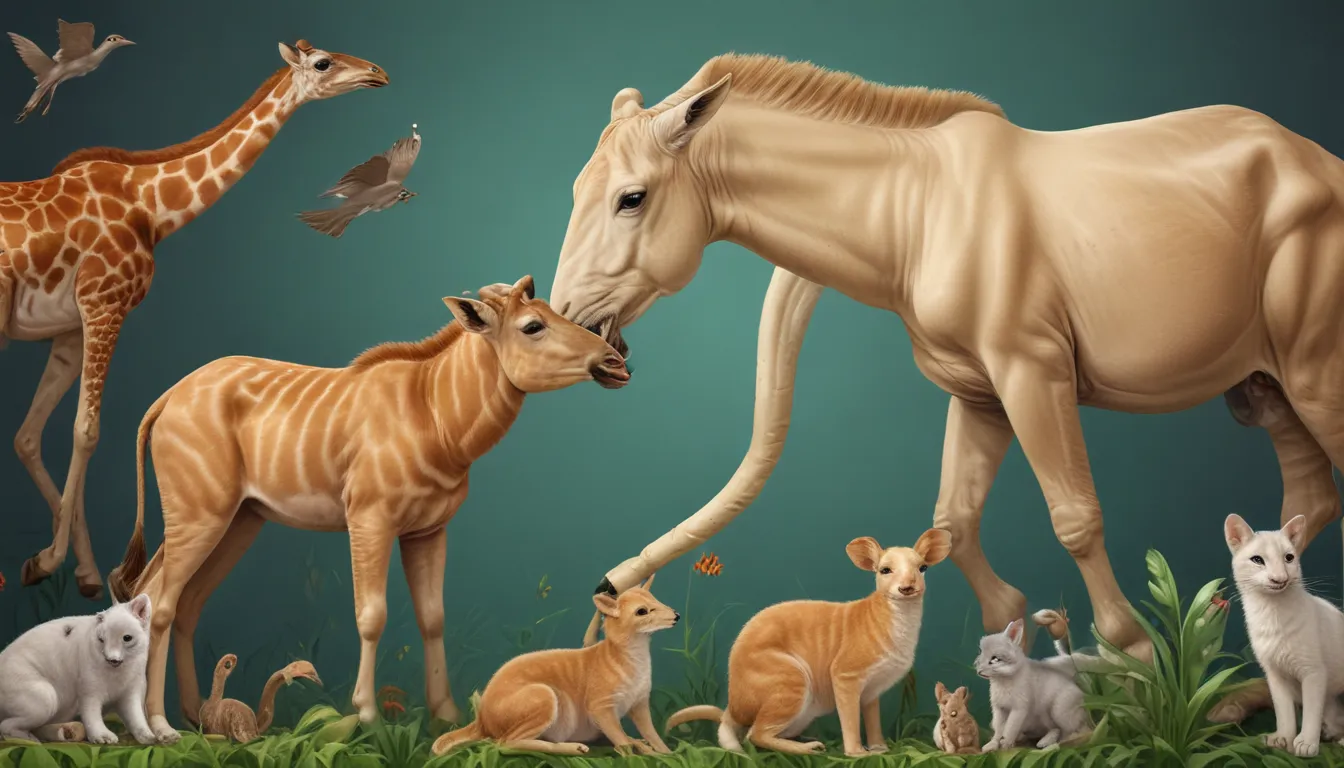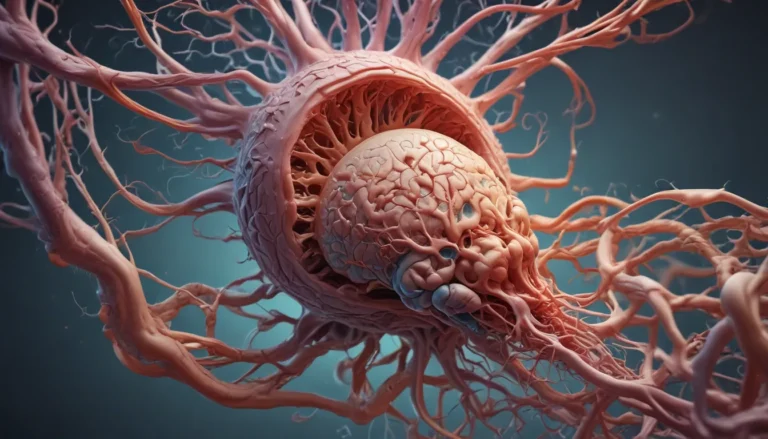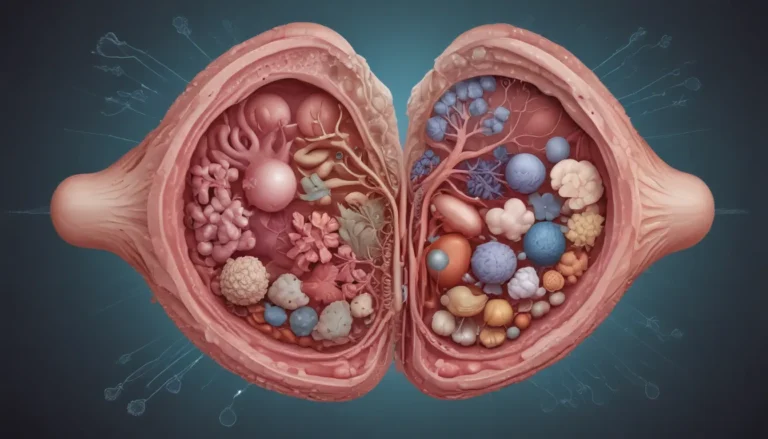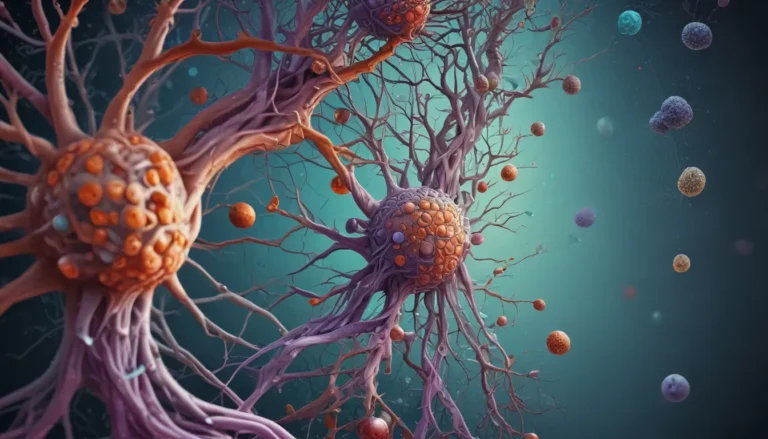A Note About Images: The images used in our articles are for illustration purposes only and may not exactly match the content. They are meant to engage readers, but the text should be relied upon for accurate information.
As we marvel at the wonders of the natural world, one of the most intriguing phenomena is parental care in animals. From tender nurturing to fierce protection, animals exhibit a wide range of behaviors to ensure the survival and development of their offspring. Join us as we explore the captivating world of parental care and uncover 13 remarkable facts that showcase the extraordinary lengths parents go to for the sake of their young.
Understanding Parental Care in the Animal Kingdom
Parental care is a common behavior observed across various groups of animals, including mammals, birds, reptiles, and insects. This essential behavior involves nurturing, protecting, and providing for offspring to ensure their well-being and survival.
Male Seahorses: The Birth Givers
In a unique display of parental care, male seahorses take on the role of birth givers. These fascinating creatures not only carry eggs but also give birth to hundreds of tiny seahorse fry, showcasing the diverse strategies animals employ to care for their young.
Emperor Penguins: Endurance in Extreme Conditions
Emperor penguins are renowned for their exceptional parenting skills. Male penguins protect their eggs by balancing them on their feet, enduring harsh Antarctic winters to shield their chicks from freezing temperatures. Their dedication highlights the lengths animals go to protect their offspring.
Cooperative Breeding: Sharing Parental Responsibilities
Cooperative breeding is observed in species where individuals other than the biological parents help in raising offspring. From meerkats to certain primates, group members contribute to the care and protection of young, emphasizing the importance of collective parenting strategies.
The Guardians of Alligators
Female alligators diligently guard their nests and hatchlings, providing maternal care to protect them from predators and teach essential survival skills. This dedicated care ensures the safety and well-being of the young alligators as they navigate the challenges of their environment.
The Role of Feeding and Grooming in Parental Care
Parental care in animals often involves feeding and grooming behaviors to provide essential nutrients and hygiene for the young. From regurgitation of food by birds to grooming by primates, parents play a crucial role in nourishing and bonding with their offspring.
Parental Care Duration: From Hours to Years
The duration of parental care varies among species, ranging from a few hours to several years depending on ecological demands. While mayflies provide brief care before their adult stage, elephants exhibit extended parental care to ensure the survival and development of their young.
Intricate Nest-building Behaviors in Birds
Many bird species showcase elaborate nest-building techniques to create safe and comfortable environments for their offspring. From weaverbirds’ woven nests to swallows’ mud nests, these structures play a vital role in protecting and nurturing bird offspring.
Male Parenting Roles in Clownfish
Clownfish demonstrate unique male parenting roles, where males guard nests, ventilate eggs, and remove dead or infected eggs to ensure the survival of healthy offspring. This division of parenting responsibilities highlights the diverse strategies animals employ to care for their young.
The Impact of Parental Care on Offspring Development
Parental care plays a critical role in shaping the physical, cognitive, and social characteristics of offspring, influencing their survival and reproductive success. Proper nurturing and guidance from parents contribute to the overall well-being and future prospects of young animals.
In conclusion, parental care in animals is a captivating and diverse phenomenon that underscores the dedication and sacrifices parents make to ensure the survival of their offspring. From specialized adaptations to cooperative behaviors, animals exhibit a remarkable range of strategies to nurture and protect their young. By gaining insights into the complexities of parental care, we deepen our understanding of the natural world and appreciate the extraordinary instincts and behaviors that have evolved over centuries.
FAQs
-
What is parental care in animals?
Parental care refers to behaviors and actions undertaken by parents to nurture, protect, and provide for their offspring, ensuring their well-being and survival. -
How common is parental care in the animal kingdom?
Parental care is widely observed across various species in the animal kingdom, demonstrating diverse strategies employed by animals to care for their young. -
Why do animals engage in parental care?
Animals engage in parental care to increase the survival and reproductive success of their offspring, providing essential resources and protection for their well-being. -
Are there examples of cooperative parenting in animals?
Yes, cooperative parenting is observed in various animal species, where multiple individuals assist in rearing and protecting the young. -
Can parental care strategies vary among different animal species?
Parental care strategies vary greatly among animal species, showcasing unique adaptations and behaviors tailored to the specific needs of each species.
As we continue to explore the wonders of the animal kingdom, let us marvel at the remarkable displays of parental care that shape the future of countless species. Through dedication, sacrifice, and instinctual behaviors, animals exemplify the essence of caregiving and protection in ensuring the survival of generations to come.






